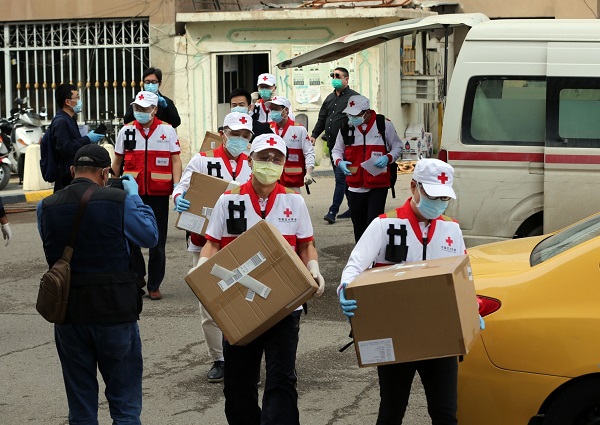Beijing, (Samajweekly) China has launched an investigation into Shenzhen Bioeasy Biotechnology, a Chinese company that sold a batch of coronavirus test kits to Spain which authorities said were faulty, an official source said on Tuesday.
Despite the results of the ongoing investigation not detecting any irregularities in the tests yet, the Chinese government will not tolerate any practice that does not meet the authorized criteria, the source tolf Efe news.
The Spanish government bought 640,000 rapid test kits from the Chinese company, based in Guangzhou province, of which the first 58,000 arrived in the European country, one of the worst-hit by the pandemic, last week.
Last week, Spanish Health Minister Salvador Illa said that the first batch of testing kits failed to pass quality control checks after several microbiology laboratories in the country’s major hospitals found that they were not working well.
“The manufacturer in China has agreed to their return and will replace them with a new test model,” the Health Ministry had said in a statement then.
Bioeasy did not feature in the list of authorized suppliers offered to Spain by the Chinese Ministry of Commerce although the Spanish Health Ministry said that the purchase “was initiated before the Chinese authorities provided new lists of suppliers” to the government.
The Chinese company’s tests, however, have been approved by the European Union (EU) for their sale throughout the bloc.
The sources consulted by Efe said products can be approved by the EU despite not yet being approved by the Chinese government as both follow different procedures.
They also stressed that so far no irregularities have been found in Bioeasy and added that, as there are two ways of using the rapid testing kits purchased by Spain, some misunderstanding over how to use the tests could have occurred.
Ever since the pandemic has subsided in China, the Asian country has been exporting large shipments of coronavirus tests as well as medical equipment to many countries around the world.
The official Beijing Daily newspaper reported on Tuesday that 23 new detection reagents and seven types of new medical equipment including ventilators, protective clothing and masks, have been approved by the authorities.
Companies requesting the registration of new detection reagents must submit a series of documentation on clinical assessment, product risk analysis, inspection reports and research data of the components used, among many other aspects.
Among the 23 new approved tests, 15 are nucleic acid tests and eight detect antibodies, which according to Beijing Daily will improve the efficiency of screening in the country.










